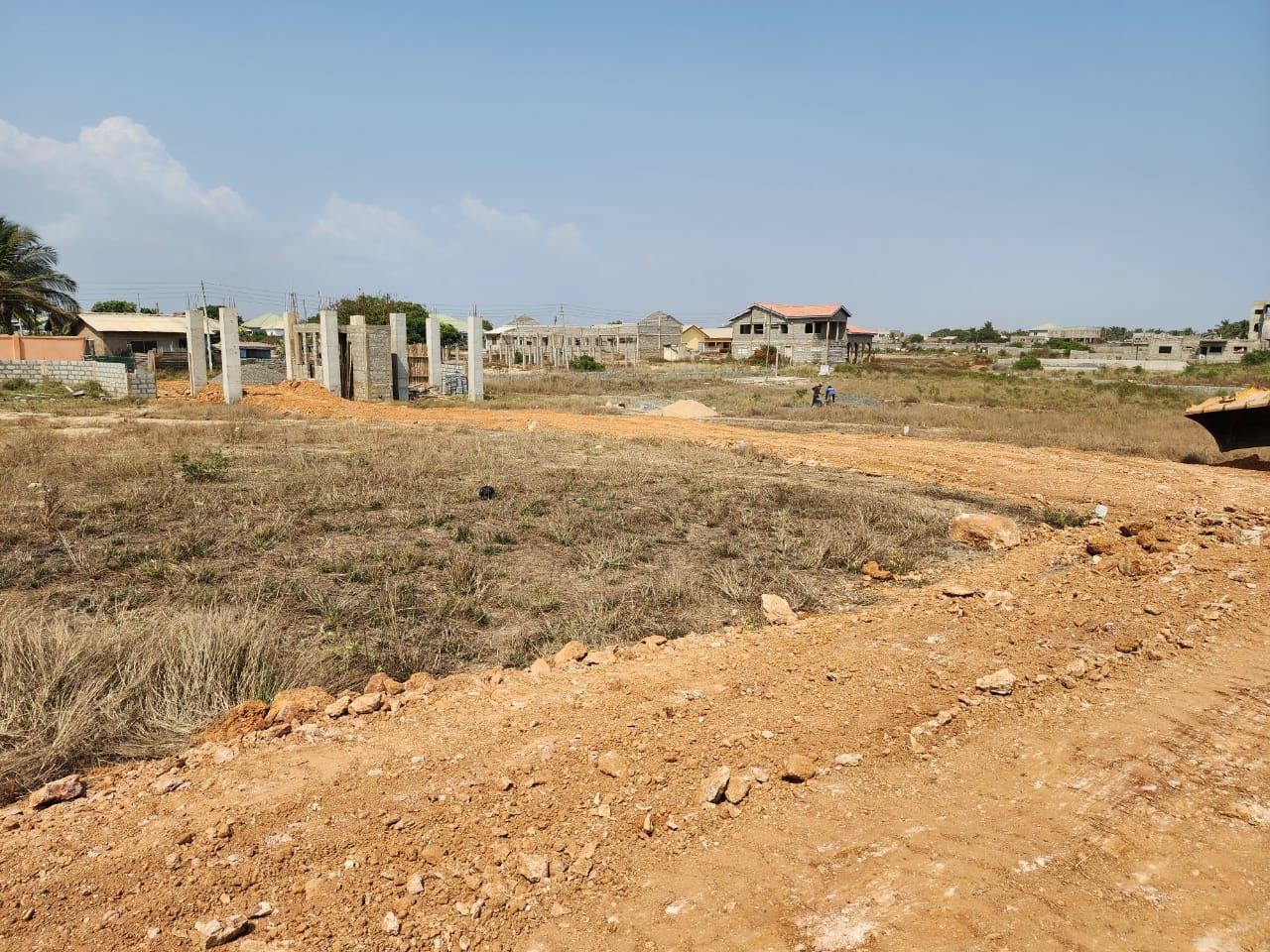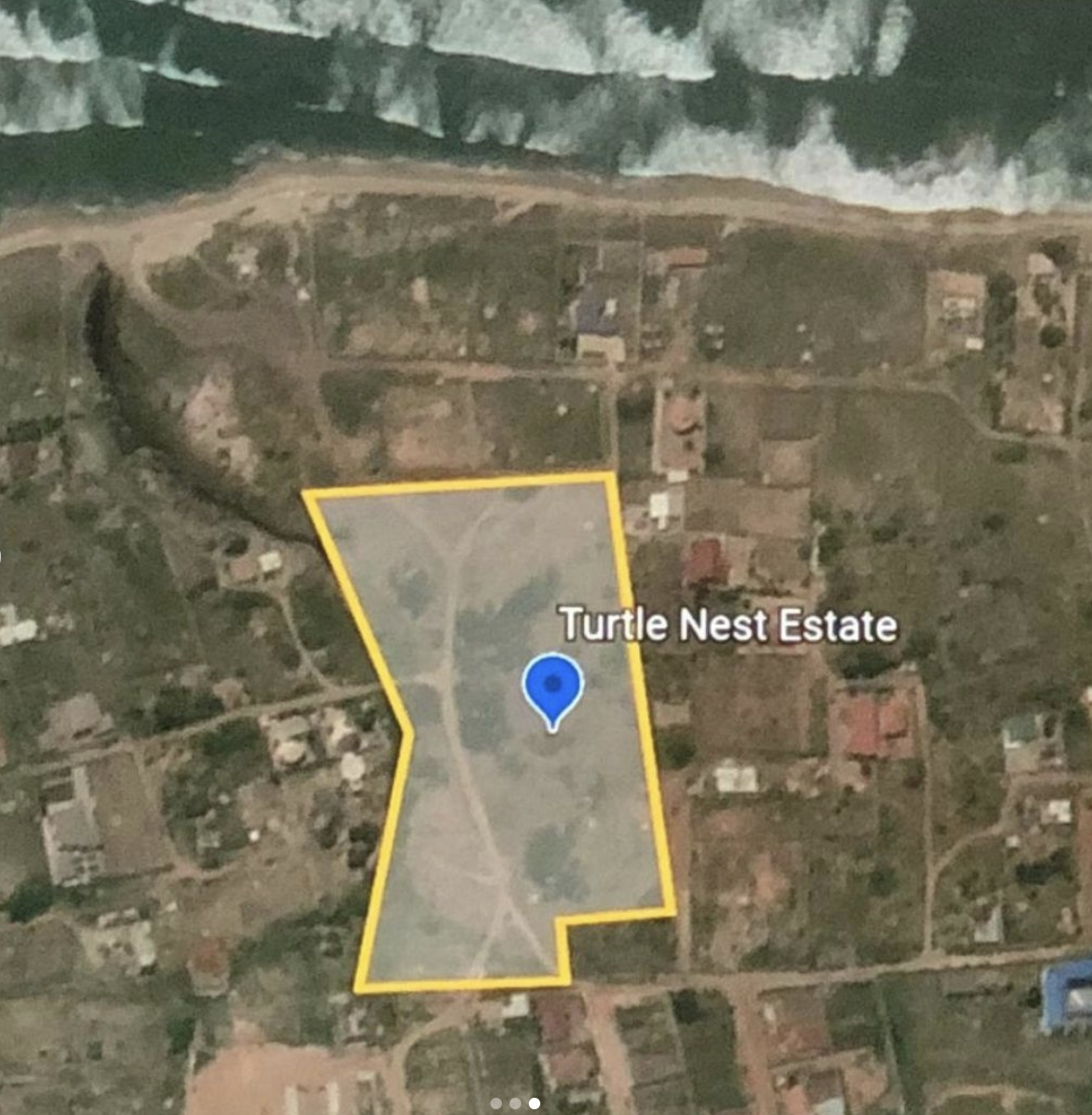Ghana, with its booming economy and political stability, has become a prime destination for property investors and developers. From its bustling cities to its serene coastal regions, the country offers diverse opportunities for real estate development. Whether you’re an international investor looking for land for sale in Ghana or a property developer seeking to expand your portfolio, understanding the land acquisition process is essential.
This guide provides an overview of the key steps involved in land acquisition in Ghana, helping you navigate the process effectively.
Why Invest in Real Estate in Ghana, Africa?
Ghana’s real estate market has seen substantial growth in recent years, driven by:
- Urbanization: Rapid population growth in cities like Accra, Kumasi, and Takoradi has increased the demand for residential and commercial properties.
- Tourism Growth: Coastal areas like Prampram, Ada, and Cape Coast attract property developers interested in luxury resorts and vacation homes.
- Political Stability: Ghana’s democratic governance and open economy make it a reliable location for long-term investments.
- Affordable Entry Costs: Compared to other African nations, land in Ghana remains competitively priced, offering significant potential for appreciation.
Understanding Land Ownership in Ghana
Before diving into property development, it’s crucial to understand the land ownership structure in Ghana.
- Types of Land Ownership:
- Stool Land: Controlled by traditional chiefs on behalf of their communities. This is the most common type of land available for sale.
- State Land: Owned and managed by the government, often leased for a specific period.
- Family Land: Owned collectively by a family and passed down through generations.
- Private Land: Owned by individuals or entities and can be sold outright.
- Leasehold vs. Freehold:
- Leasehold: Foreign investors are typically offered leasehold agreements for up to 50 years (renewable).
- Freehold: Only available to Ghanaian citizens.
The Land Acquisition Process for International Investors
The process of acquiring land for sale in Ghana involves several key steps:
1. Identify Suitable Land
- Research areas with high growth potential, such as Prampram, which offers beachfront properties ideal for residential or commercial development.
- Work with reputable local agents or use trusted online platforms to find listings for land for sale in Ghana.
2. Conduct Due Diligence
- Verify the ownership of the land by reviewing the title deed.
- Visit the Lands Commission to ensure the land is not encumbered by legal disputes or multiple claims.
- Engage a local real estate attorney to help with legal verification.
3. Negotiate Terms
- Negotiate directly with the landowner, whether it’s a stool chief, family head, or private individual.
- Ensure clarity on the lease term, renewal terms, and any restrictions on property development.
4. Sign a Sales Agreement
- Once terms are agreed upon, draft a sales agreement outlining the purchase price, payment schedule, and transfer conditions.
- Have the agreement witnessed and signed by all relevant parties.
5. Register the Land
- Submit the required documents to the Lands Commission for registration, including:
- The executed sales agreement.
- Proof of identity for both buyer and seller.
- Site plan certified by a licensed surveyor.
- Pay the applicable registration fees.
6. Obtain Permits for Development
- After acquiring the land, secure permits from local authorities for property development. These include zoning permits and environmental assessments.
Challenges in Land Acquisition
Although Ghana’s land market is ripe for investment, there are challenges to be aware of:
- Multiple Claims: Some lands may have overlapping claims, making due diligence crucial.
- Complex Bureaucracy: Navigating the registration process can be time-consuming, particularly for international investors unfamiliar with local laws.
- Scams: Work with licensed and reputable agents when possible and avoid deals that seem too good to be true.
Tips for Property Investors and Developers
- Hire a Local Attorney: A local legal expert ensures compliance with Ghanaian property laws.
- Visit the Site: Don’t rely solely on online listings—inspect the land in person or hire a trusted representative to do so.
- Build Relationships with Local Authorities: Establishing trust with chiefs, families, and municipal authorities can smooth the acquisition process.
- Think Long-Term: Whether you’re developing for tourism, residential, or commercial purposes, focus on sustainable projects that align with local community needs.
Popular Areas for Real Estate Investment in Ghana
- Accra: Ideal for high-end residential and commercial property development.
- Prampram: Offers beachfront land for sale, perfect for resorts and luxury housing projects.
- Takoradi: A growing hub for oil and gas industries, making it attractive for mixed-use developments.
- Kumasi: Known for its rich cultural heritage and increasing demand for residential properties.
Conclusion
Ghana offers immense opportunities for property investors and developers seeking to tap into Africa’s growing real estate market. With careful planning, due diligence, and the right partnerships, acquiring land in Ghana can be a smooth and profitable venture.
Invest today, and take advantage of Ghana’s booming real estate market!

